Table of Contents
Patrick Verkland, CEO of The Humble Co., sat down with Onyx for a feature-length interview.
Could you start by giving us a bit of background as to your career journey before joining The Humble Co.?
Yes, absolutely. I moved to Stockholm, in 2018, without a plan. My then-girlfriend wanted to study here, and I was aimless. At the time, I was working at an Apple Premium Reseller and figured that I should probably study, myself. Then I stumbled on an article about The Humble Co. - a brand I actually used in my daily life. So, I applied for a sales role, had a five-minute interview with Noel Abdayem, The Humble Co.’s founder, and, suddenly, I was part of what was basically a two-man show with him and our then sales director, Oskar Holmblad.
Instead of studying, I just came to work at Humble. I quickly realized that these guys could teach me a lot! I ended up trying my hand at basically everything - sales, marketing, customer service, operations, even some basic finance. All of that, while dealing with some serious imposter syndrome. Coming from the hyper-structured world of Apple retail into a scrappy little startup was nerve-wracking, to say the least. But since I hadn’t studied, I treated it as my education. In the early days, I aimed to keep a growth mindset and became the veritable embodiment of a “yes man” - taking on everything and trying to learn as much as possible.
I never set out to be CEO. After my predecessor left, I was promoted from operations manager to COO, and helped out during the interim. I continued to study the business, and interviewed candidates for the CEO role. However, things were going so well during that period that the board offered me the job. 2024 became our peak revenue year since The Humble Co.’s founding. It certainly hasn’t been the most conventional path to becoming a CEO, but it has served as good preparation for what has since come, while leading a fairly unconventional company.
What was the company’s original vision, and how has that evolved?
From the start, the mission of The Humble Co. was simple but also quite bold: to offer a high-quality, design-driven oral care brand that didn’t cost the planet. Back then, you only had the giants in the space present on shelf, such as Colgate-Palmolive, Oral-B, Crest, Sensodyne and the likes. There weren’t really any design-driven oral care brands, with a sustainability angle.
Noel, while studying dentistry, had done volunteer work in Jamaica that exposed him to what he calls the “double injustice” of poor oral health and plastic pollution in many underprivileged communities. That inspired him to develop what became the first commercially available bamboo toothbrush - the Humble Brush - and our initial ‘Buy One, Give One’ program, which aimed to support underserved communities around the world.
Since then, the vision hasn’t evolved in complexity, but it certainly has in its integration. For us today, sustainability isn’t just about carbon emissions and bamboo toothbrushes - it’s more of a full-cycle, holistic commitment than it was before.
What have been the biggest operational challenges when scaling The Humble Co. internationally?
Well, we’re 12 years in the making, and it’s been full of hectic ups-and-downs. The biggest challenge? Cracking the US market. For Swedes, and, honestly, for most European fast moving consumer goods companies, the US is the “holy grail of markets.”
For a long time, we tried to penetrate the market through a distributor setup, with brokers and agents, running it all from our HQ in Stockholm. It just didn’t work. The real breakthrough came when we decided to establish our own U.S. subsidiary and bring in experienced leadership. That’s when Rich Hewton joined the team as the CEO of The Humble Company North America. With his deep knowledge of U.S. retail and extensive FMCG experience, he helped us navigate a market that’s completely different from Europe, from commercial dynamics to regulatory frameworks.
Today, the U.S. has grown into one of our largest single markets globally. And while every new region comes with its own regulatory hurdles and logistical headaches, we’ve been fortunate in our category choice. Personal care, unlike adjacent categories such as food or pharma, is obviously less burdened by red tape and regulation. That’s given us more flexibility to expand quickly and focus on scaling impact rather than paperwork. But yes, there have been a lot of challenges, but they haven’t proven insurmountable.
How do you balance sustainability and high-quality ingredients with affordability?
That really drives to the core of what Humble is, and always has been about. From the beginning, we set out to create products that could compete head-to-head with the giants’ plastic offerings. It’s not enough for them to be sustainable, they have to perform just as well, if not better, and they have to be accessible.
As we’ve grown, scale has become our advantage. Being the world’s largest producer of sustainable oral care means we can keep costs down, buying smarter, leveraging factory flows, and simplifying packaging, while delivering products that people actually want to use.
For us, sustainability only matters if it’s paired with quality and availability. A perfect product that’s too expensive or hard to find doesn’t change anything.
Can you quantify the scale of the problem that you’re addressing, and the positive impact that you’ve seen?
It’s difficult to quantify it exactly, but the scale is obviously massive, we’re talking billions of plastic toothbrushes ending up in landfills and oceans each year. We’ve sold tens of millions of bamboo brushes that replace that plastic directly. But perhaps more importantly, we influenced the entire category. By 2019, it was clear that this small company from Sweden had shaken things up, forcing others to react, whether by approaching us for acquisition or scrambling to launch their own sustainable products.
Nowadays, our competitors publish sustainability reports on their websites and talk about offsets and commitments, but there’s little to no tangible innovation coming from them. Starting out, we had the sustainable niche to ourselves. Later, lots of smaller competitors popped up, many of whom are now gone, especially following COVID. Some of the giants launched bamboo products and failed.
Meanwhile, in many markets, the sustainability shelf is “shrinking”. In Europe, it has reduced in size. The US is different, with its uniquely large natural channel, but even there the big players aren’t prioritizing true innovation. That’s why we keep pushing the envelope in this space.
Over the next decade, where do you see The Humble Co. evolving?
For oral and personal care, I think Humble has the potential to do what others did for organic food, and redefine what’s good for you and good for the planet. Just like brands such as Whole Foods helped push organic food from niche to mainstream, we see an opportunity to shift oral and personal care in the same way.
We’ve been focusing a lot on chemicals of concern, such as PFAS and PTFE., as well as on bisphenols. There’s a lot of harmful stuff out there in FMCG. These ingredients have been quietly accepted by the industry for years. At Humble, we don’t accept them, and we won’t.
We’ll keep moving into categories where people don’t even realize that they’re making a health compromise and where the ritual itself is ready to be rethought. I can’t give too much away, but, basically, if you’ve been using a product every day, maybe for decades, without ever questioning it; we’ve probably been thinking about how to render it more sustainable, too. That being said, we’ll likely stay within FMCG.
If you could go back to the start of your tenure, what advice would you give yourself?
Since I never pursued higher education, my journey might look a bit unconventional. What I’d tell myself is simple: stay curious and keep learning from the people around you. Hard work and a growth mindset will always move you forward.
I’d also remind myself that leadership isn’t about titles, it’s about service. Your job is to make sure the people around you can thrive, because when they do, the company thrives.And don’t dodge the tough tasks; those unglamorous moments are the ones that prepare you for bigger challenges.
Looking back, it was saying “yes” to all of it that ultimately made me ready to step up as CEO.



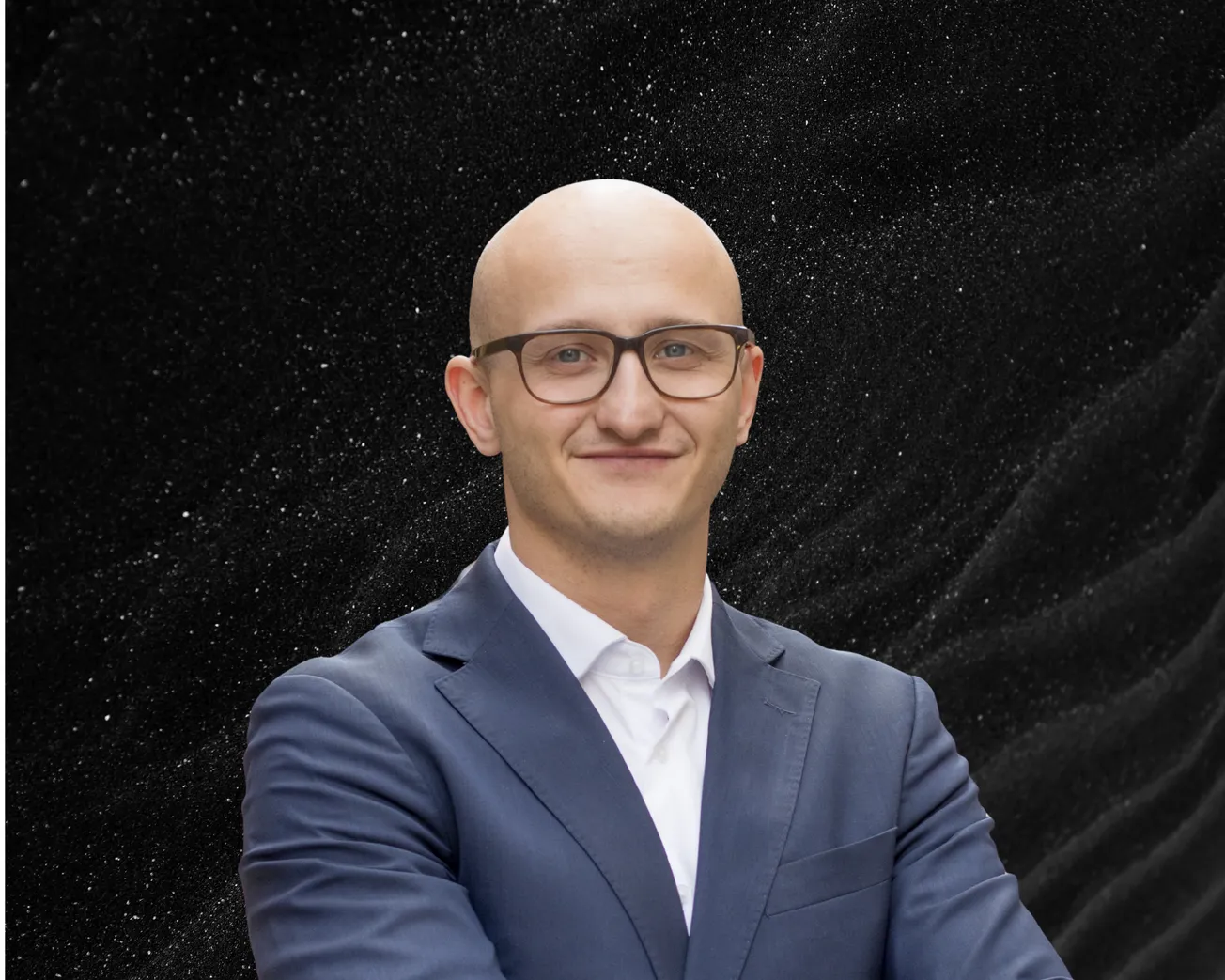
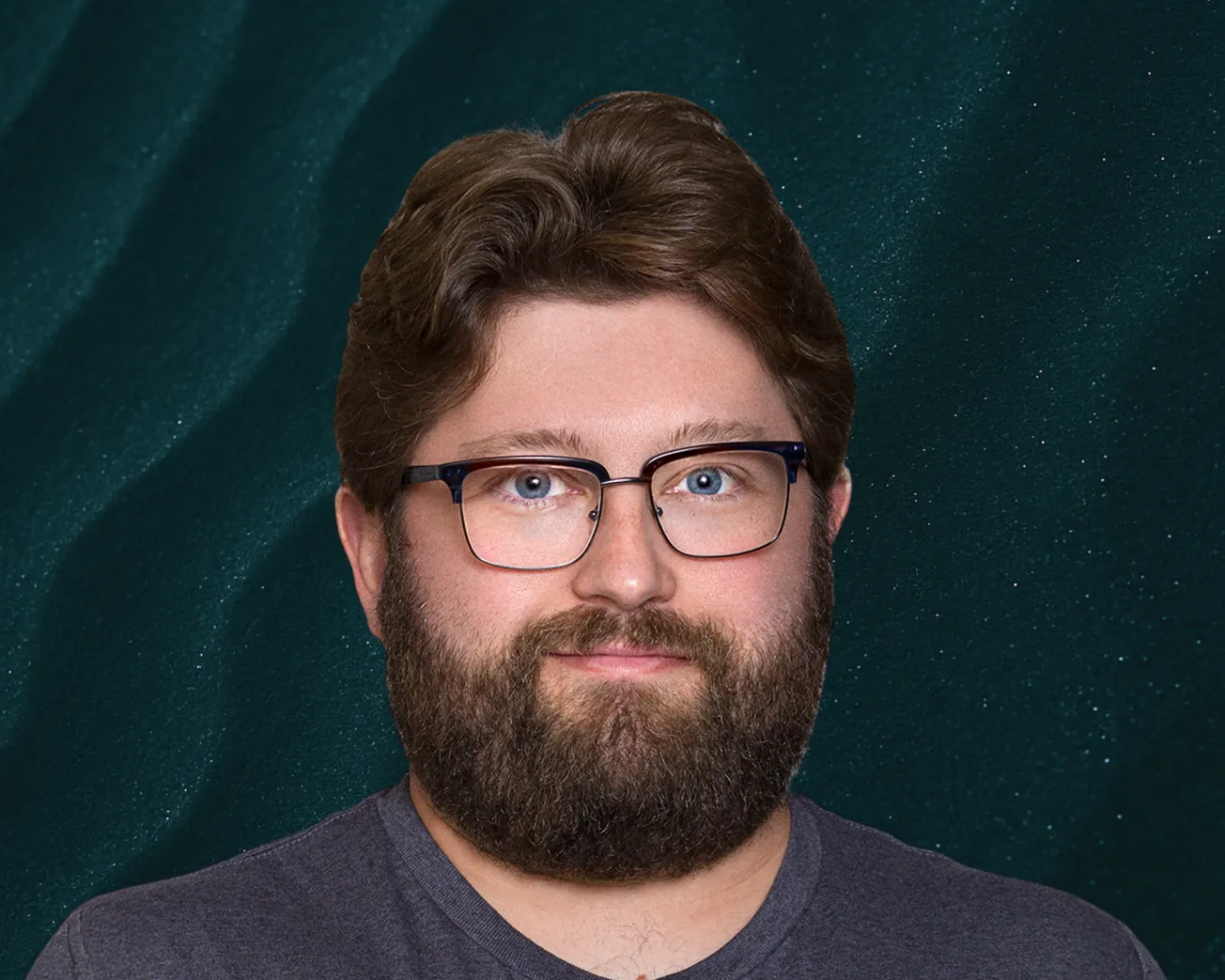
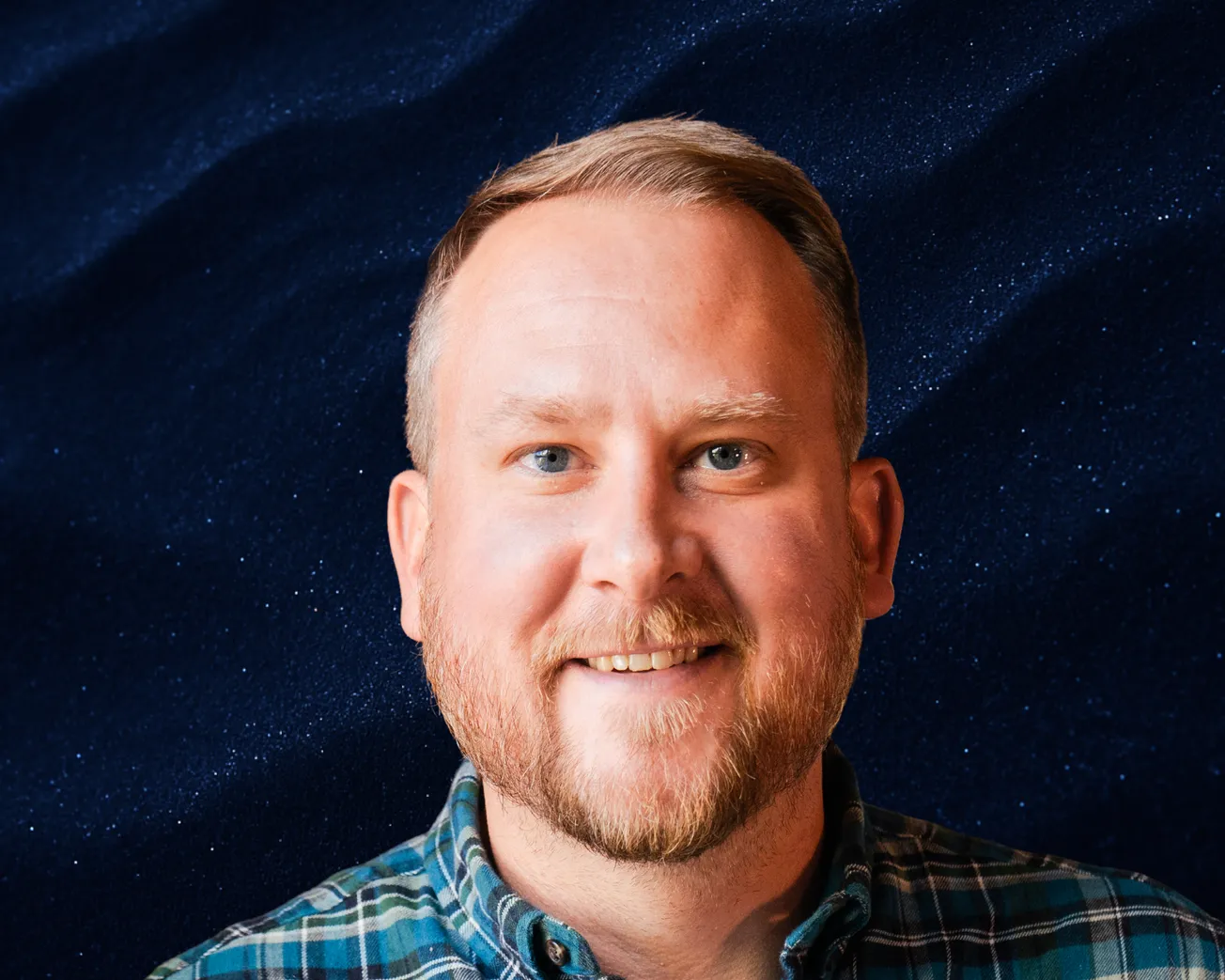
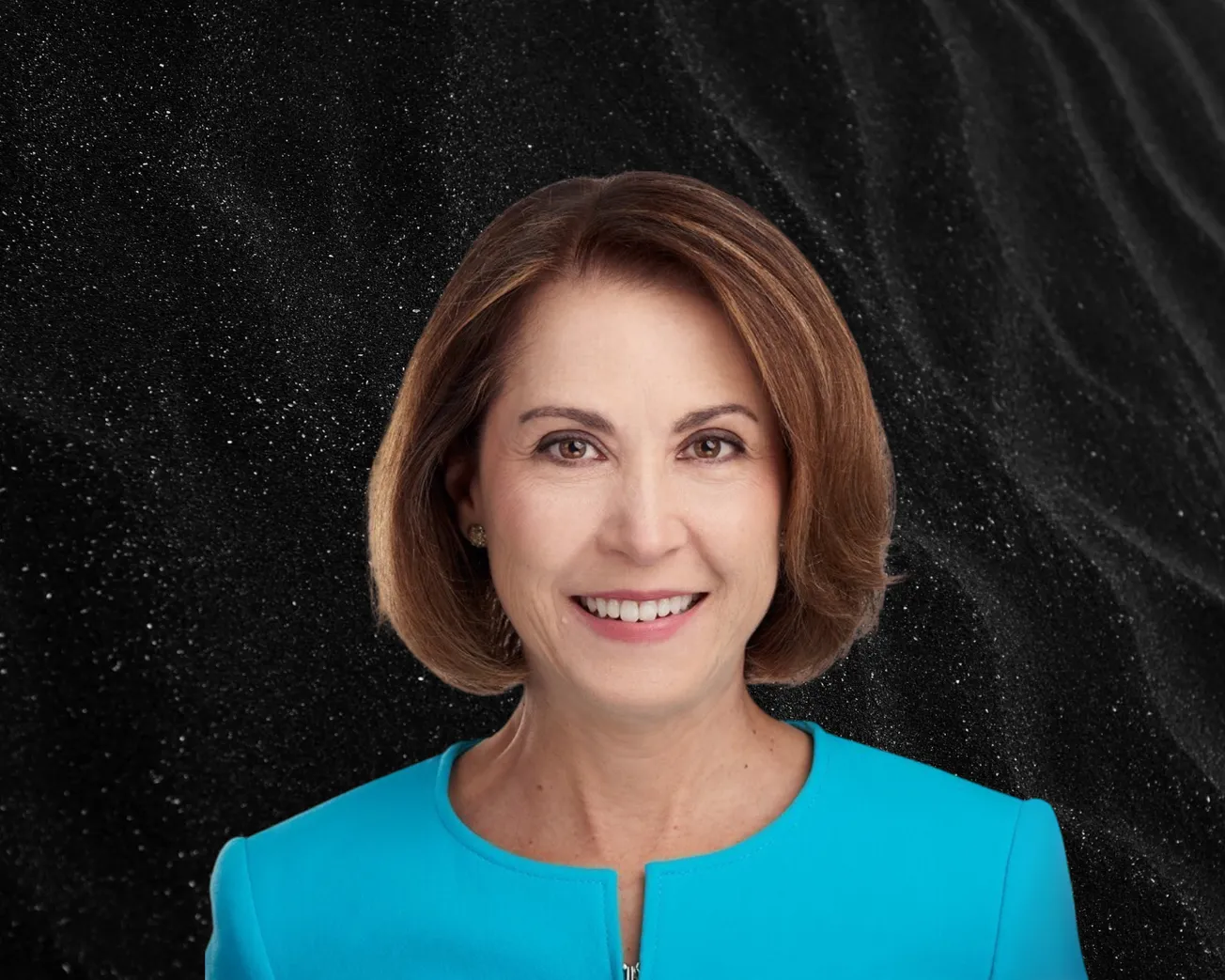
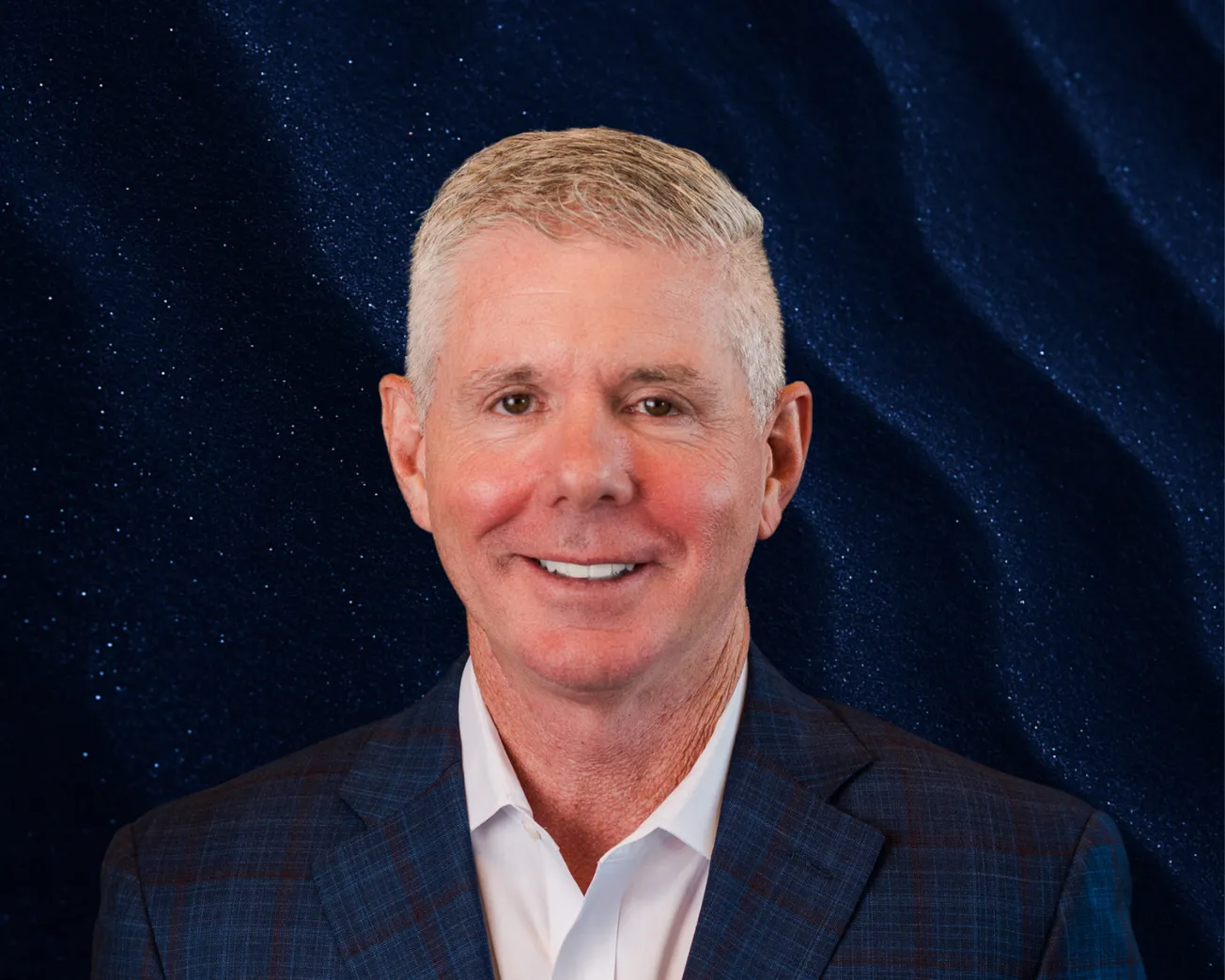
Comments